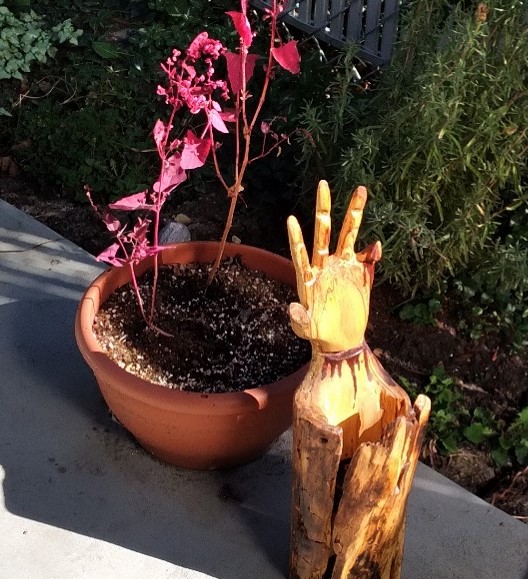Translation as Representation: Western Imagination of China from the Eighteenth Century to the Present
DOI:
https://doi.org/10.21992/tc29565Abstract
This article explores how China has been imagined in Western literature and culture from the eighteenth century to the contemporary era, using a series of emblematic figures to examine practices of appropriation and troping. It seeks to reveal how the historical construction and representation of China is refashioned in our time, against the background of China’s rise to global power and a concomitant growing sense of doubt, fear and hostility in Europe and North America surrounding its ascendency. Two case studies are employed to elaborate on what this article considers to be exemplifications of Orientalism in Sino-Western cultural history: Daniel Defoe and Voltaire in Enlightenment Europe, and Western popular culture in the twentieth and twenty-first centuries. In doing so this article addresses how China has incrementally come to be translated and represented as a principal Other for Euro-America, and how their perceptions of, and writings about, China today echo and reinforce its translations and representations produced by the Defoe-Voltaire axis: the binary schema of demonization and romanticization. It concludes that this mechanics at work in framing China for reception and consumption by the Anglophone readership provide effective means of translating and representing China as an ideologically menacing Other, thereby begetting self-perpetuating representations.
Downloads
Downloads
Published
Issue
Section
License
Authors who publish with this journal agree to the following terms: a.Authors retain copyright and grant the journal right of first publication with the work simultaneously licensed under a Creative Commons Attribution License that allows others to share the work with an acknowledgement of the work's authorship and initial publication in this journal. b.Authors are able to enter into separate, additional contractual arrangements for the non-exclusive distribution of the journal's published version of the work (e.g., post it to an institutional repository or publish it in a book), with an acknowledgement of its initial publication in this journal. c.Authors are permitted and encouraged to post their work online (e.g., in institutional repositories or on their website) prior to and during the submission process, as it can lead to productive exchanges, as well as earlier and greater citation of published work (See The Effect of Open Access).



